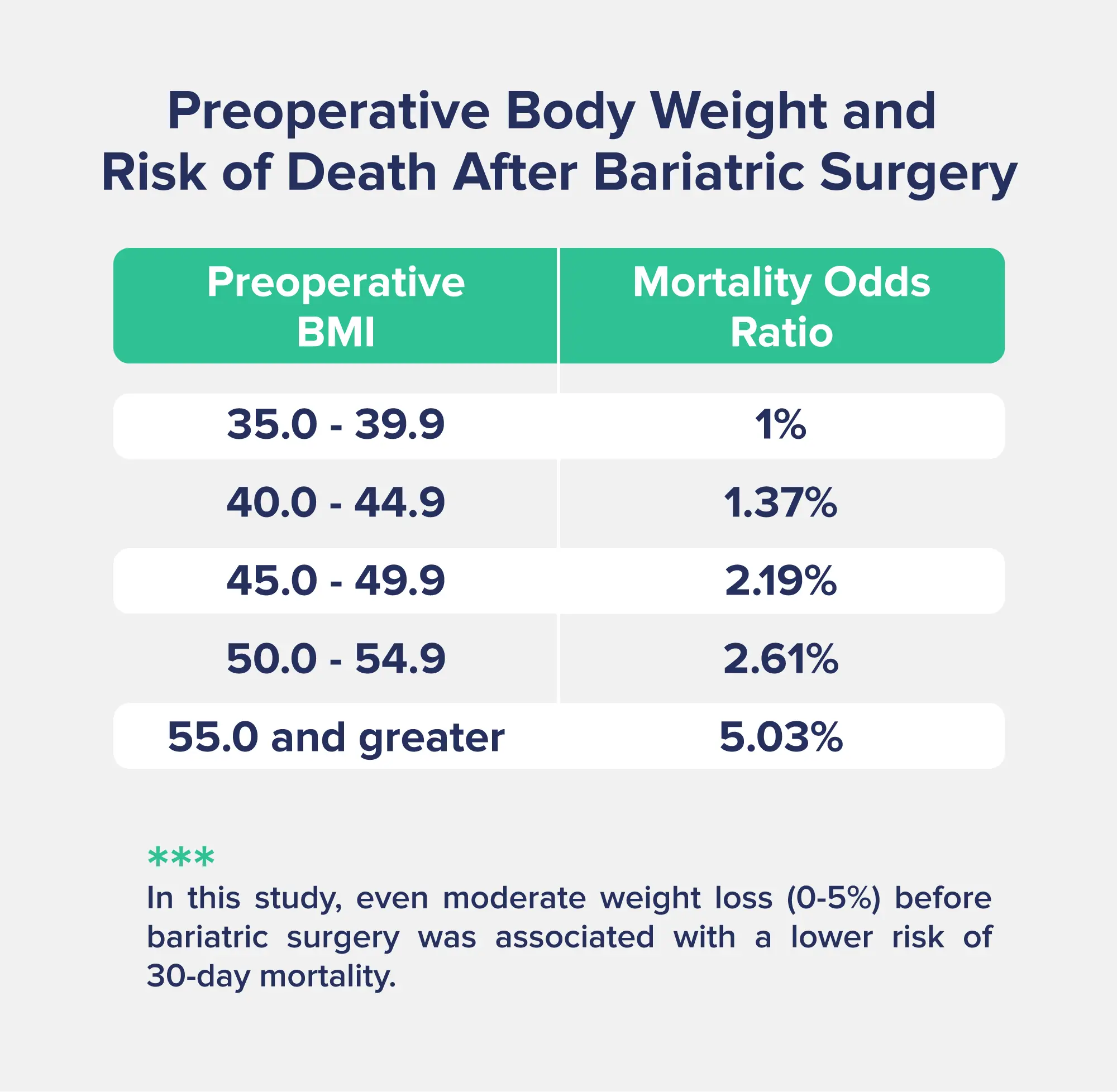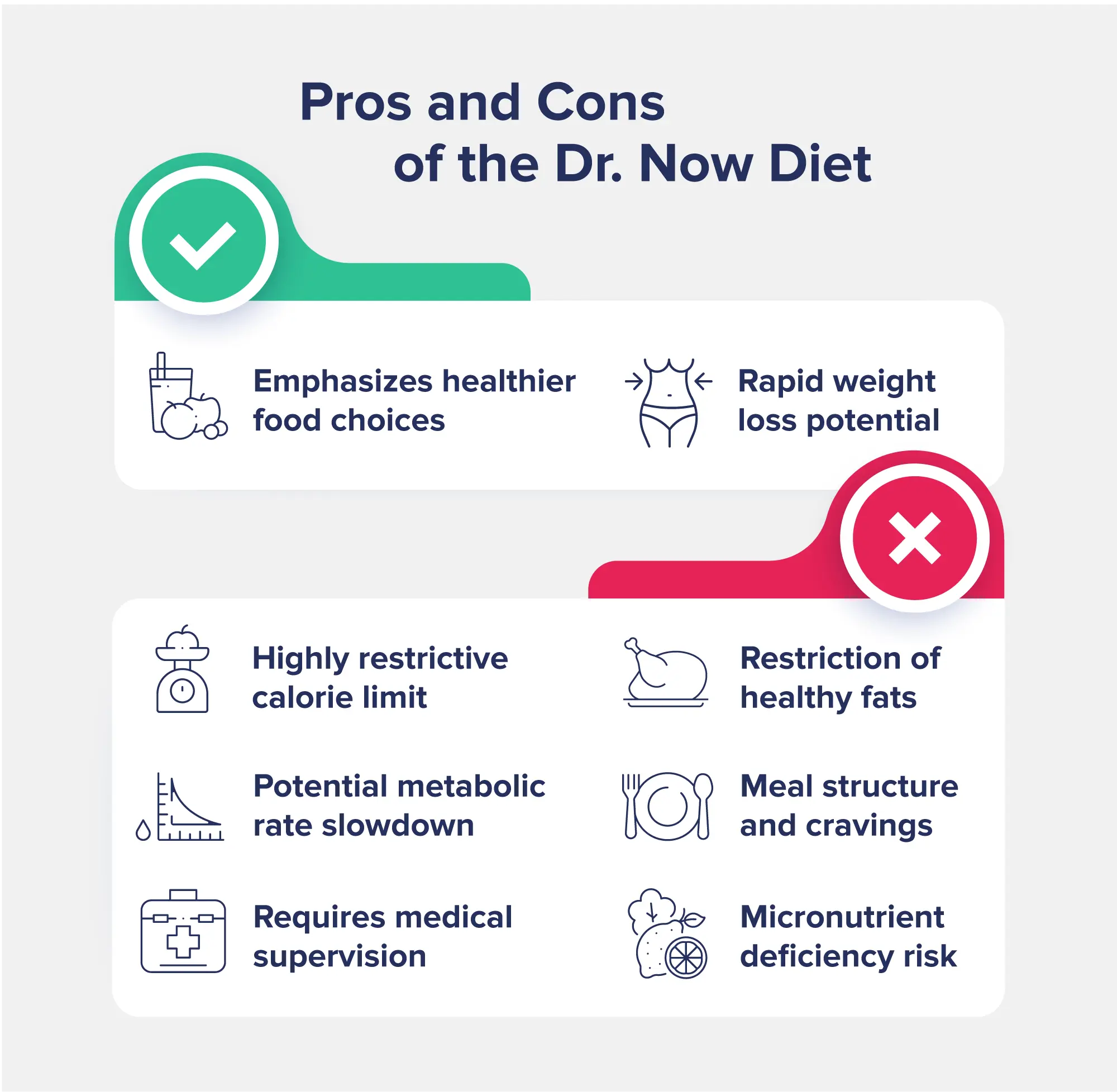Talk to a Registered Dietitian and use INSIDER20 for 20% off!
Talk to a real Dietitian for only $99: Schedule Now
This post contains links through which we may earn a small commission should you make a purchase from a brand. This in no way affects our ability to objectively critique the products and brands we review.
Evidence Based Research To fulfill our commitment to bringing our audience accurate and insightful content, our expert writers and medical reviewers rely on carefully curated research.
Read Our Editorial Policy
If you’re a fan of the TLC channel, you’ve likely seen Dr. Younan Nowzaradan (AKA Dr. Now) on the hit show “My 600-Lb Life.”
A 79-year-old no-nonsense doctor specializing in vascular and bariatric surgery, Dr. Now has facilitated tremendous weight loss in class III obese patients preparing for bariatric surgery (weight loss surgery) with his diet plan, the “Dr. Now diet.”
But is the Dr. Now diet safe and healthy for the average person? (Spoiler alert: probably not!)
This highly restrictive diet is not sustainable and should likely only be used by people preparing for bariatric surgery or those who have a high risk of serious complications from carrying excess weight.
Let’s dive into what the Dr. Now diet is, the pros and cons of it, and what foods to eat or avoid on this diet plan.
Developed by vascular and bariatric surgeon Dr. Nowzaradan, the Dr. Now diet was first used to help obese patients prepare for weight loss surgery.
Although you may think that the point of weight loss surgery is to help people lose weight, most bariatric patients need to lose some weight beforehand to lower the risk of complications and reduce the size of the abdomen and liver problems, making weight loss surgery and recovery more successful.
While there are of course several variations of the classic weight loss diet out there, they are unavoidably connected by at least one main theme: consume fewer calories and establish a healthy diet.
Research on over 480,000 people who had bariatric surgery showed that those who lost weight before the procedure (even as little as under 5% of their body weight during the preoperative weight loss phase) had a reduced risk of death in the 30-day postoperative period.

Specifically, people who lost 0-5%, 5-10%, and 10% or more of their body weight had reductions in postoperative mortality risk by 24%, 31%, and 42%, respectively.
Plus, adhering to weight loss diet plans before bariatric surgery can help show the bariatric surgeon that the patient can make the healthy lifestyle changes necessary for losing weight and keeping it off.
Although weight loss surgery can generate substantial weight loss in the short term, up to 30% of patients regain the weight and fail to achieve successful long-term weight loss.
So, diet plans like that of Dr. Now can help to facilitate this weight loss quickly and help them to keep it off after bariatric surgery.
Essentially, the Dr. Now diet is a strict low-calorie and low-carb eating plan—more details can be found in his book “The Scale Does Not Lie, People Do”—with three overarching principles.
This trio of dietary approaches has the acronym “FAT,” which stands for:
As with most diets, you can expect some upsides and downsides—let’s take a closer look at the pros and cons of the Dr. Now diet.
As you can see, the Dr. Now diet has many more downsides than benefits. Therefore, this drastic of a cut in calorie intake should only be applied in cases of preoperative weight loss surgery for no more than 30 days while under medical supervision.

It’s recommended to eat foods from multiple food groups that are high in lean protein and fiber and low in calories, fat, sugar, and refined carbohydrates, including:
Here’s a sample 3-day menu that you might expect to eat on the Dr. Now diet, developed by our Registered Dietitian:
Unless you are following a pre-surgery weight loss diet, you likely should not follow the Dr. Now diet, as it’s highly restrictive and too low in calories and nutrients for most adults.
Although it can facilitate rapid weight loss in bariatric cases, it’s not sustainable and should only be followed for about 30 days and under medical supervision.
On the Dr. Now diet, you can eat high-fiber, low-sugar, and low-fat foods, including:
• Lean protein, such as egg whites, chicken breast, fish, shellfish, turkey, and tofu
• Small amounts of oil or cooking spray for cooking
• All vegetables except for potatoes
• Most fruits except high-sugar ones (watermelon, cantaloupe, banana, and mango)
• Flax seeds and chia seeds
• Non-fat dairy products, like non-fat milk, yogurt, and cottage cheese
•Whole grains in moderation, like whole wheat bread, whole wheat tortillas, or whole wheat pasta
Yes, Dr. Nowzaradan has published a weight loss book based on the principles of the Dr. Now diet, titled “The Scale Does Not Lie, People Do.”
Yes, you can eat non-fat dairy on the Dr. Now diet, but it must be non-fat cottage cheese.
You might expect to lose 1 to 2 pounds per week on a 1,200-calorie diet. However, this is too few calories for most people. If you are preparing for bariatric surgery and are at class II or class III obesity levels, you might expect to lose up to one pound per day on this diet plan. Keep in mind this is not a long-term nor sustainable daily calorie intake—it’s designed to be used for a short period of time under medical supervision.
For most people, the Dr. Now diet is not a healthy style of eating, as it is too low in calories and very restrictive. It can be a healthier style of eating in regards to the foods you choose, but the quantity is the problem. It can also be a good choice for people preparing for bariatric surgery, as it can promote rapid weight loss in people with class II or III obesity. If you aren’t in this category, there are other, more sustainable ways of instilling healthier eating habits and/or reducing your average daily calorie intake.